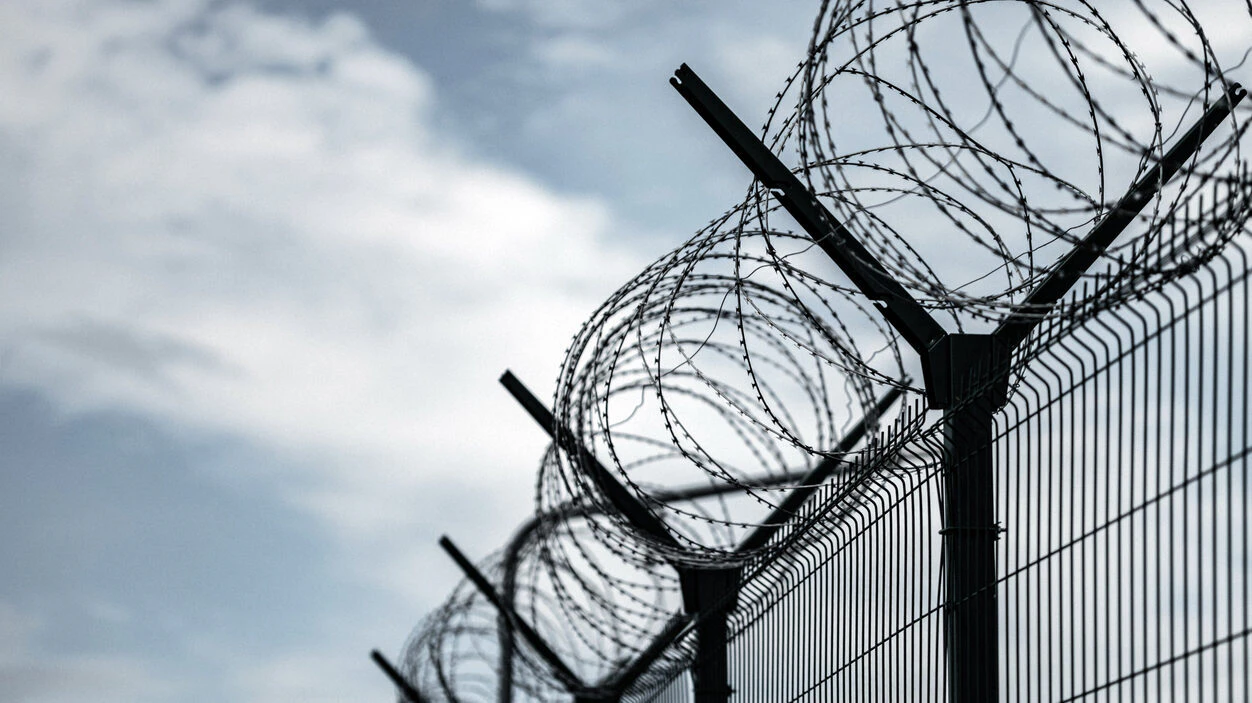Hawai‘i's most severe prison sentence will no longer apply to convicted criminals below 21 years old.
House Bill 103, which is on the verge of becoming law, prohibits offenders younger than 21 from being sentenced to life in prison without the possibility of parole. Currently, that sentence is prohibited for offenders 18 or younger.
Life imprisonment sentences in Hawai‘i are reserved for those convicted of first- and second-degree murder, or attempted first- and second-degree murder. In the case of second-degree murder, those sentences allow for the possibility of parole after 20 years in prison; first-degree murder cases do not.
The ban is absolute. While provisions within state statutes allow for life without parole to be imposed on second-degree murder convicts in the case of “especially heinous” crimes — as determined by the court — that allowance still only applies to convicts 21 years old or older.
Prison reform advocates are positive about the measure, saying the practice of sentencing young people to a lifetime of incarceration is inhumane.
“The U.S. is the only country in the world that still sentences children to life in prison without the possibility of parole,” wrote Carrie Ann Shirota, Policy Director of ACLU of Hawai‘i in an email to Aloha State Daily. “There’s a global consensus that children and emerging adults cannot be held to the same standards of responsibility as adults, and that they are entitled to special protection and treatment by the criminal legal system.”
Currently, 27 states and the District of Columbia — including Hawai‘i — have banned life sentences without parole for people under 18.
Of course, HB 103 does not address minors, but legal adults, something some bill opponents have pointed out: “If old enough to vote, you are considered an adult. Do the crime, do the time,” wrote one Frank Schultz in testimony back in March.
The state Department of the Prosecuting Attorney was less succinct in its written opposition to the proposal: “Murder in the first degree applies for mass killers, serial killers, and contract killers. It applies to murderers who undermine the justice system: killers of police officers, prosecutors, judges, and witnesses … The Department does not believe these murderers should ever be released from prison.”
On the other hand, the bill’s preamble cites a 2024 ruling by the Massachusetts Supreme Court, which determined, after consultation with neuroscience researchers, that people between 18 and 21 are still undergoing brain maturation, lacking impulse control, prone to risk-taking behavior and more.
That ruling made Massachusetts the first state to ban life without parole for people in that age group, which the Mass. Supreme Court called “emerging adults.”
According to data compiled by the Sentencing Project, a prison reform advocacy nonprofit, there were 319 people serving life sentences without parole in Hawai‘i in 2024. Of those, 72 were convicted of crimes committed under the age of 25.
HB 103 awaits Gov. Josh Green’s signature.
ASD reached out to the Department of the Prosecuting Attorney, the Department of Corrections and Rehabilitation for comment and Waikīkī Rep. Adrian Tam, introducer of the bill, for comment.





